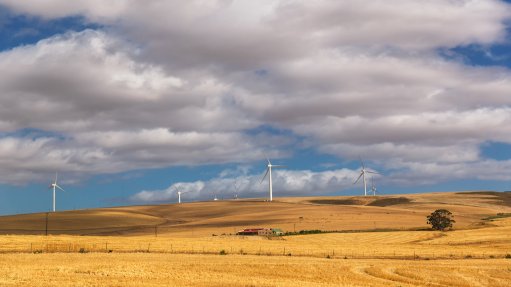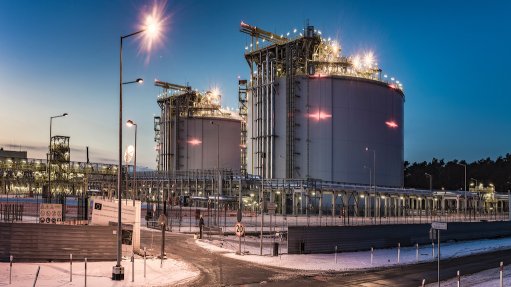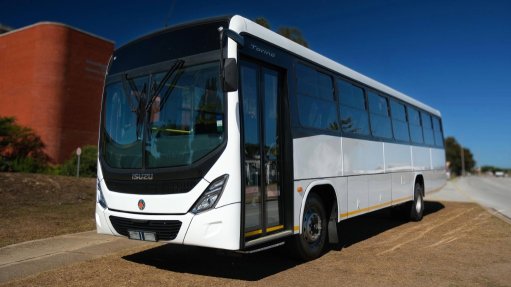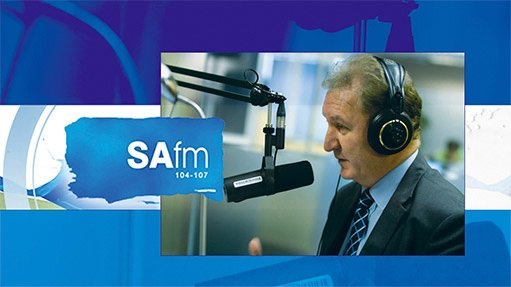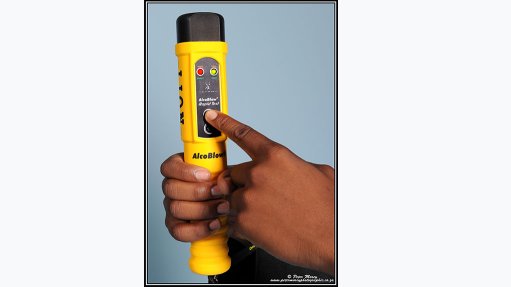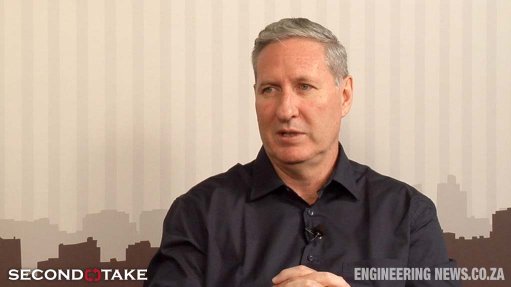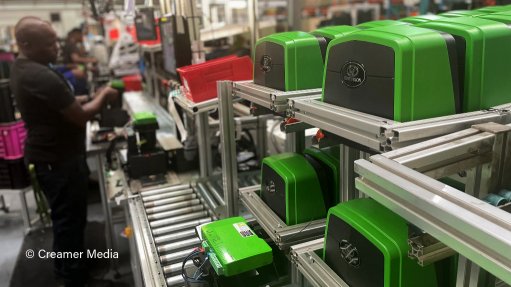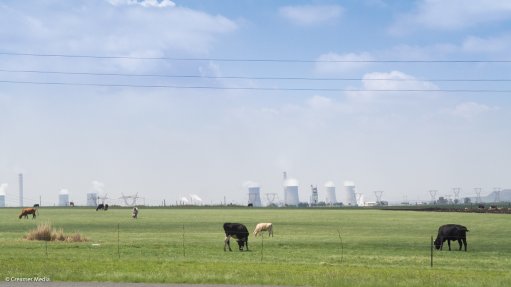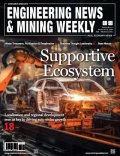Vodacom reaches 100% renewable electricity purchasing goal
Telecommunications giant Vodacom Group has reached a major decarbonisation milestone – it now procures 100% of its purchased electricity from renewable sources.
In addition to several on-site renewable power installations, Vodacom sources electricity through renewable power purchase agreements (PPAs) and purchases renewable energy certificates (RECs), which are market instruments to match grid electricity consumption with electricity added to the same or interconnected grid from renewable sources.
Some 1 275 GWh of Vodacom’s total 2 076 GWh energy consumption over the past financial year was purchased electricity, of which 906 GWh was sourced from grid electricity, and not own generation or covered by PPAs.
Vodacom acquired RECs to cover this grid electricity for its operations across South Africa, Egypt, Tanzania, the Democratic Republic of Congo (DRC), Mozambique and Lesotho.
RECs offset grid-based consumption with verified renewable energy sources, which enables Vodacom to reduce its market- based Scope 2 greenhouse-gas (GHG) emissions in places where onsite renewables cannot yet be deployed or PPAs are not permitted or available.
“We are extremely proud of this achievement as we continue to reduce our environmental impact and improve the sustainability of our operations across Africa. Our 100% renewable electricity procurement marks a significant milestone in our ongoing strategy to reach net-zero GHG emissions in our direct operations by 2035,” says Vodacom chief technology officer Dejan Kastelic.
The information and communication technology sector is responsible for an estimated 1.5% to 4% of global GHG emissions, a number that is expected to increase as data traffic volumes increase owing to increased Internet use and the proliferation of AI technologies, unless the industry transitions to renewable energy sources.
To support this transition, Vodacom partners with the public sector to implement innovative renewable energy solutions, including working closely with State-owned power utility Eskom to develop the virtual wheeling mechanism in South Africa and, with its subsidiary, Mezzanine, to develop the technology platform to enable it.
“Virtual wheeling allows for electricity supply to our local operations to originate from renewable independent power producers, such as wind and solar farms. Vodacom South Africa will be the first to procure renewable electricity through virtual wheeling in the last quarter of 2025,” explains Kastelic.
Across Africa, Vodacom continues to collaborate with host governments to encourage investment in renewable energy infrastructure and promote the growth of independent power producers.
In line with this, Vodafone Egypt purchased 76% of its electricity consumption through a renewable PPA with the Egyptian government.
With limited grid availability in certain countries, Vodacom often relies on diesel generators and batteries for power, with the latter prioritised in the short term.
In the longer term, the company is exploring diesel alternatives, including connecting off-grid sites to the grid, deploying wind and solar where suitable and exploring newer technologies, including microturbines and hydrogen fuel cells.
In Egypt, for example, the company has trialled a successful “solar flower” solution to overcome the challenge of installing solar power at base station sites owing to space constraints.
While the site still depends primarily on diesel, the circular flower design, made up of 12 solar panels, helps to maximise renewable energy deployment on available tower space, producing 6 kWp and reducing diesel consumption.
“The technology sector holds both the responsibility and the capability to lead efforts in reducing GHG emissions, particularly in regions like Africa, where the impacts of climate change are already deeply felt.
“At Vodacom, we are committed to setting the standard in energy efficiency and accelerating the transition to renewable energy.”
This commitment is reflected in numerous initiatives, including becoming the first operator to certify all African operations under ISO 50001 standards and setting the earliest net-zero ambition among telecommunication companies on the continent.
“As we continue to live our purpose to connect everyone to a better future, our net-zero goal is a necessity to build a sustainable, inclusive digital society while safeguarding our planet for generations to come,” concludes Kastelic.
Article Enquiry
Email Article
Save Article
Feedback
To advertise email advertising@creamermedia.co.za or click here
Comments
Press Office
Announcements
What's On
Subscribe to improve your user experience...
Option 1 (equivalent of R125 a month):
Receive a weekly copy of Creamer Media's Engineering News & Mining Weekly magazine
(print copy for those in South Africa and e-magazine for those outside of South Africa)
Receive daily email newsletters
Access to full search results
Access archive of magazine back copies
Access to Projects in Progress
Access to ONE Research Report of your choice in PDF format
Option 2 (equivalent of R375 a month):
All benefits from Option 1
PLUS
Access to Creamer Media's Research Channel Africa for ALL Research Reports, in PDF format, on various industrial and mining sectors
including Electricity; Water; Energy Transition; Hydrogen; Roads, Rail and Ports; Coal; Gold; Platinum; Battery Metals; etc.
Already a subscriber?
Forgotten your password?
Receive weekly copy of Creamer Media's Engineering News & Mining Weekly magazine (print copy for those in South Africa and e-magazine for those outside of South Africa)
➕
Recieve daily email newsletters
➕
Access to full search results
➕
Access archive of magazine back copies
➕
Access to Projects in Progress
➕
Access to ONE Research Report of your choice in PDF format
RESEARCH CHANNEL AFRICA
R4500 (equivalent of R375 a month)
SUBSCRIBEAll benefits from Option 1
➕
Access to Creamer Media's Research Channel Africa for ALL Research Reports on various industrial and mining sectors, in PDF format, including on:
Electricity
➕
Water
➕
Energy Transition
➕
Hydrogen
➕
Roads, Rail and Ports
➕
Coal
➕
Gold
➕
Platinum
➕
Battery Metals
➕
etc.
Receive all benefits from Option 1 or Option 2 delivered to numerous people at your company
➕
Multiple User names and Passwords for simultaneous log-ins
➕
Intranet integration access to all in your organisation






